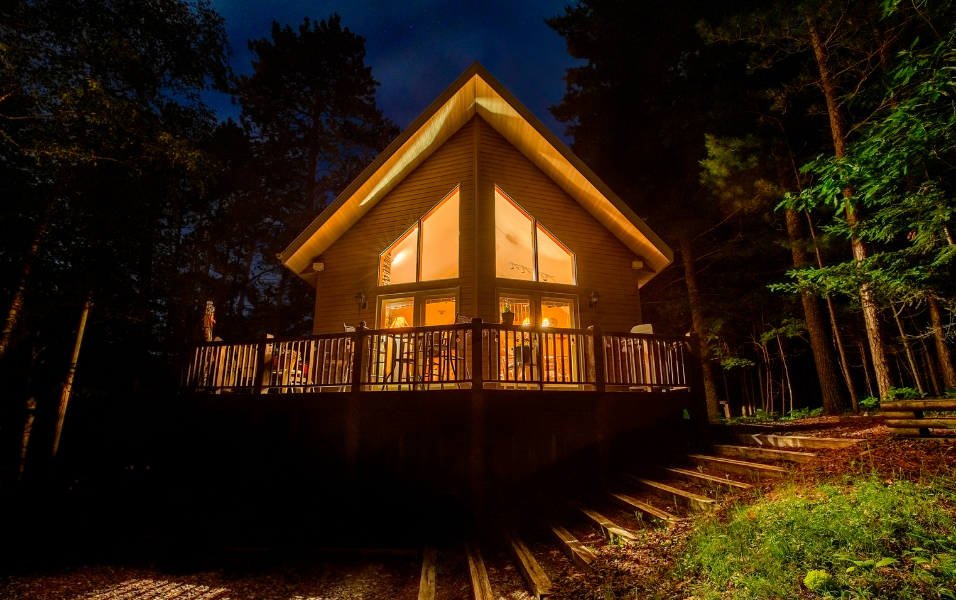In the mountains of North Carolina and Georgia, we have watched many new families enjoying their newly purchased vacation homes. Thankfully, they have enjoyed a relatively peaceful season.
However, as the summer winds down, the reality of second home ownership becomes known by preparation for the winter season. Part of that new normal is the question: how do you make sure your children and grandchildren are aware of your vision for this property?
Do you see the property as binding the family together for generations to come as they continue to vacation together? Or are you more concerned about the issue of equity, in that some children are unlikely to ever use the property, while others may use it heavily? There is no right or wrong answer, it’s just a question of your planning values and goals.
One option for passing on a vacation home is to leave it to your children in your will. One issue with this is if the children own the house equally, as joint tenants or tenants in common, and if one sibling wants to sell, that sibling can demand to be bought out. Most importantly in that instance, if the other siblings can’t come up with the money to ‘buy out’ the sibling, they can now force the sale of the house.
Before you decide to leave your vacation house to your children outright, have a family meeting to find out whether all the children actually want the house. If they do, then discuss specific issues, such as who will be responsible for maintenance and property taxes, and who has the right to use the property. Putting a plan in writing can help prevent or resolve disputes later. The plan can also include a ‘buyout option’ if any heirs decide they no longer want to own the property. The buyout price can be less than if the property is sold to a third party and payment terms can extend over several years.
Rather than giving the property to your children outright, you can also put it in a trust or a Limited Liability Company (LLC). LLCs have become a popular estate planning tool for sharing vacation homes. Using an LLC allows parents to transfer interest in the LLC to their children while still retaining control. Property in an LLC is also protected from creditors.
The dream of a family vacation home has become a reality for many, but without careful thought and planning, may end up causing a family division.
Be Educated! Be Proactive!









